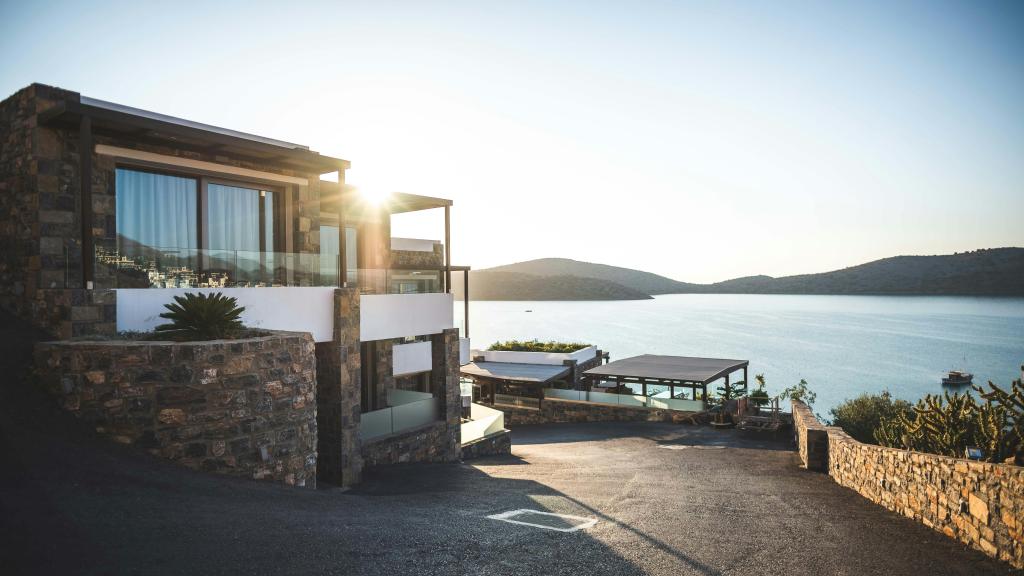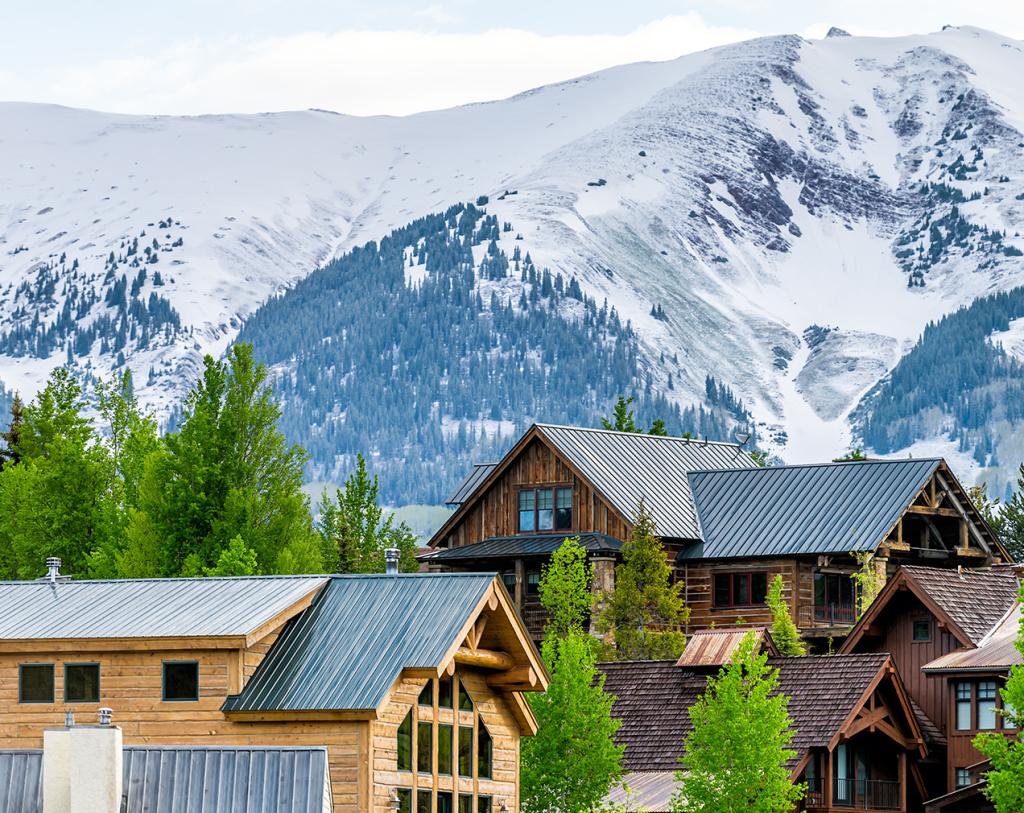
Hoover-based firm, Lake Homes Realty, the nation’s leading brokerage specializing in lakefront properties, has expanded into a new niche with the launch of Mountain Homes Realty. This independent brokerage caters to buyers and sellers of mountain properties across 21 states. Its online platform, MountainHomesRealty.com, already showcases over $100 billion worth of available mountain real estate. With Lake Homes Realty, Beach Homes Realty, and Mountain Homes Realty, the brand now operates in 40 states.
CEO Glenn Phillips said, as with the other sites, this one is geared toward making searches and purchases easier for distant buyers. “Across all our specialty brands we’ve learned how to connect local and out-of-state buyers with unique lifestyle properties,” he said. – AL.com

![[AL.com] Birmingham area’s Lake Homes Realty branches out from waterfronts to mountain homes](https://www.lakehomes.com/info/wp-content/uploads/2025/06/lifestyle-1240x550.jpg)
![[Inman] Lake Homes Realty branches out with new firm for mountain homes](https://www.lakehomes.com/info/wp-content/uploads/2025/06/pexels-gutjahr-aleksandr-3045334-14527465-1240x550.jpg)
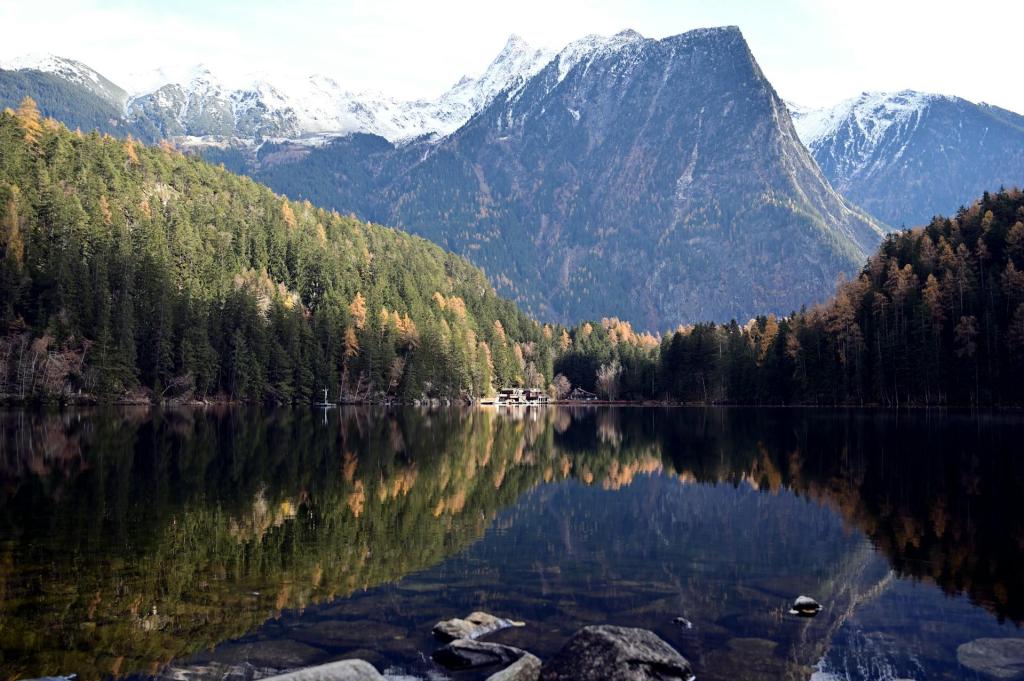
![[Birmingham Business Journal] Bham real estate firm launches Mountain Homes Realty nationwide](https://www.lakehomes.com/info/wp-content/uploads/2025/06/shutterstock_1064112713-min-1240x550.jpg)
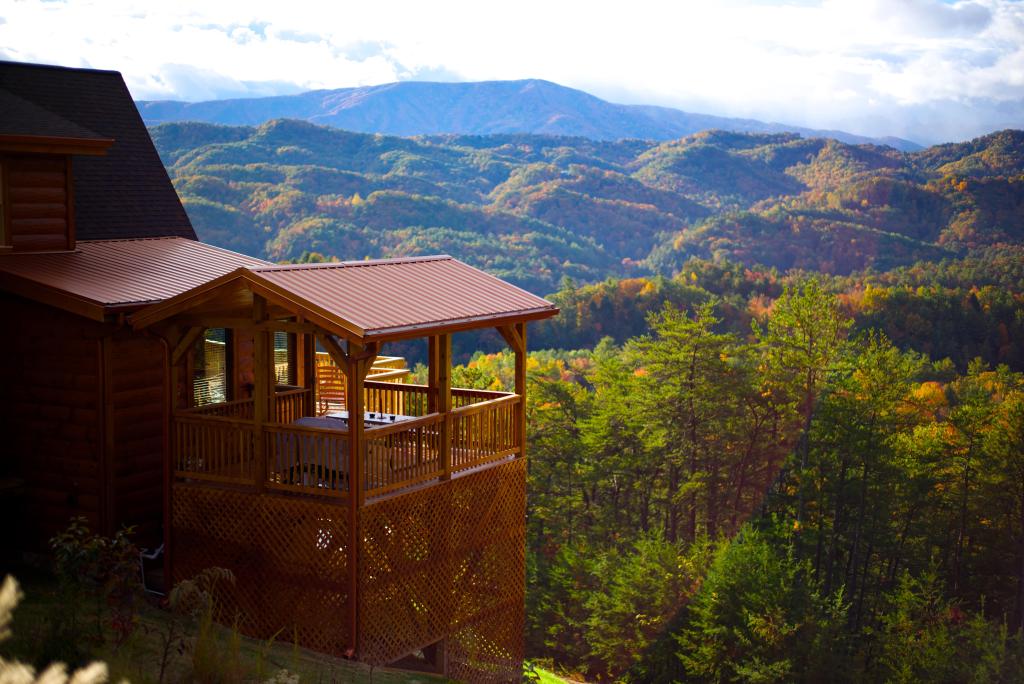
![[Missouri Business Alert] Lake real estate market cools amid elevated prices, economic uncertainty](https://www.lakehomes.com/info/wp-content/uploads/2025/06/shutterstock_1489340384-1-1240x550.jpg)
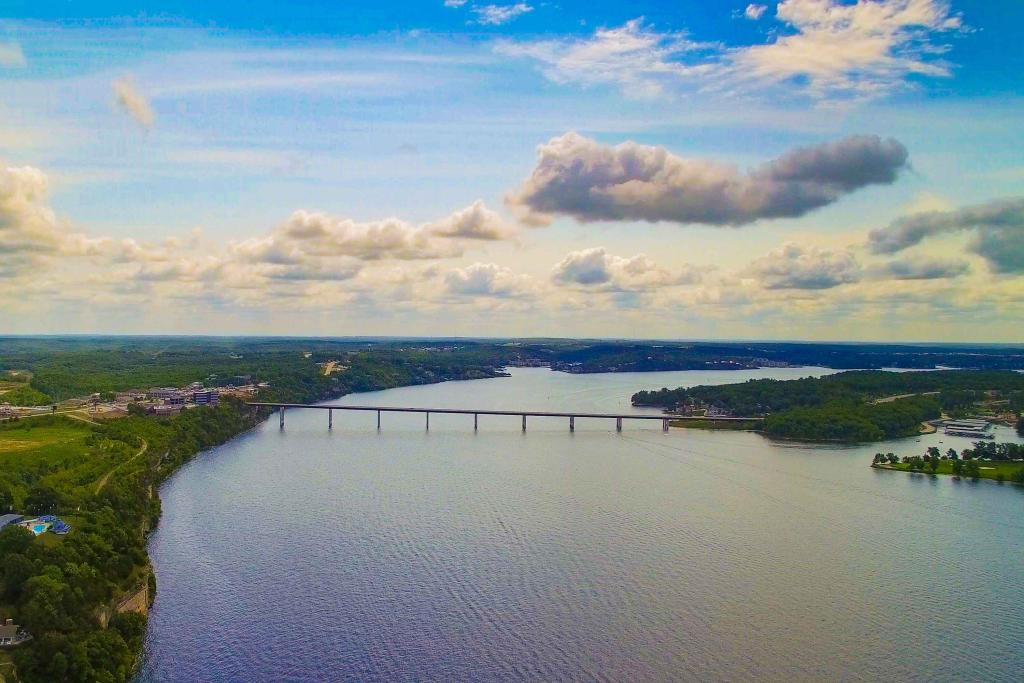
![[265 Today] Lake real estate property prices grow over last spring](https://www.lakehomes.com/info/wp-content/uploads/2025/04/pexels-pixabay-280216-1240x550.jpg)
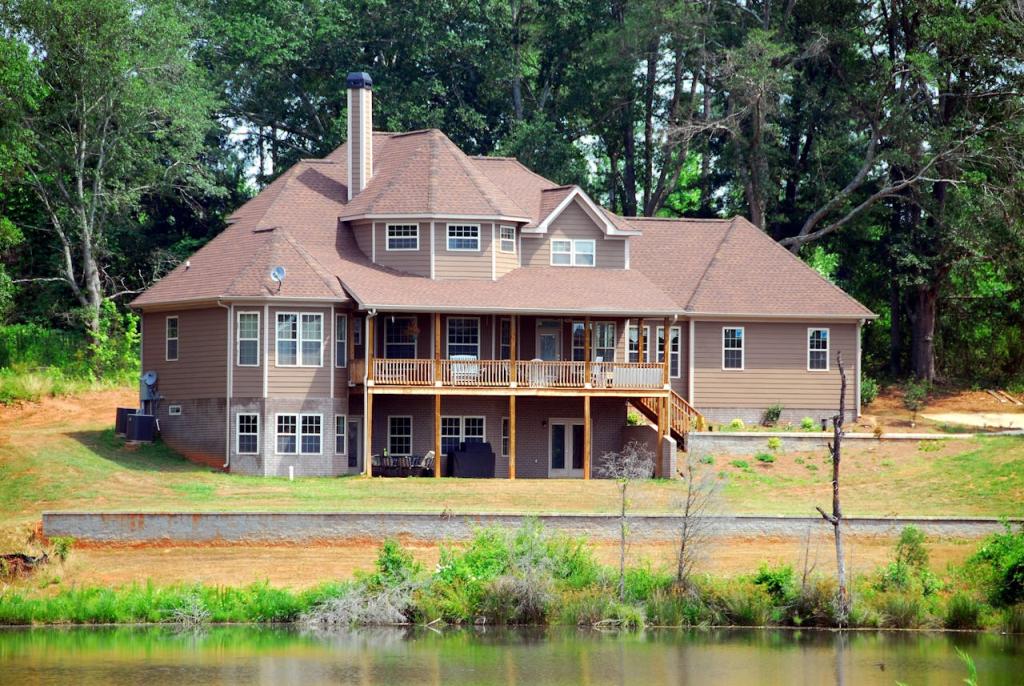
![[AL.com] See inside this stunning $2.5 million Alabama lake home with a glass bridge](https://www.lakehomes.com/info/wp-content/uploads/2025/04/Smith-Lake-25-652-1_20250326090637-1240x550.jpg)

![[Home Stratosphere] 5 of the Most Expensive Houses Currently on the Market in Alabama (April 2025)](https://www.lakehomes.com/info/wp-content/uploads/2025/04/coldwell-guntersville-house-mar14-6-1200x550.jpg)
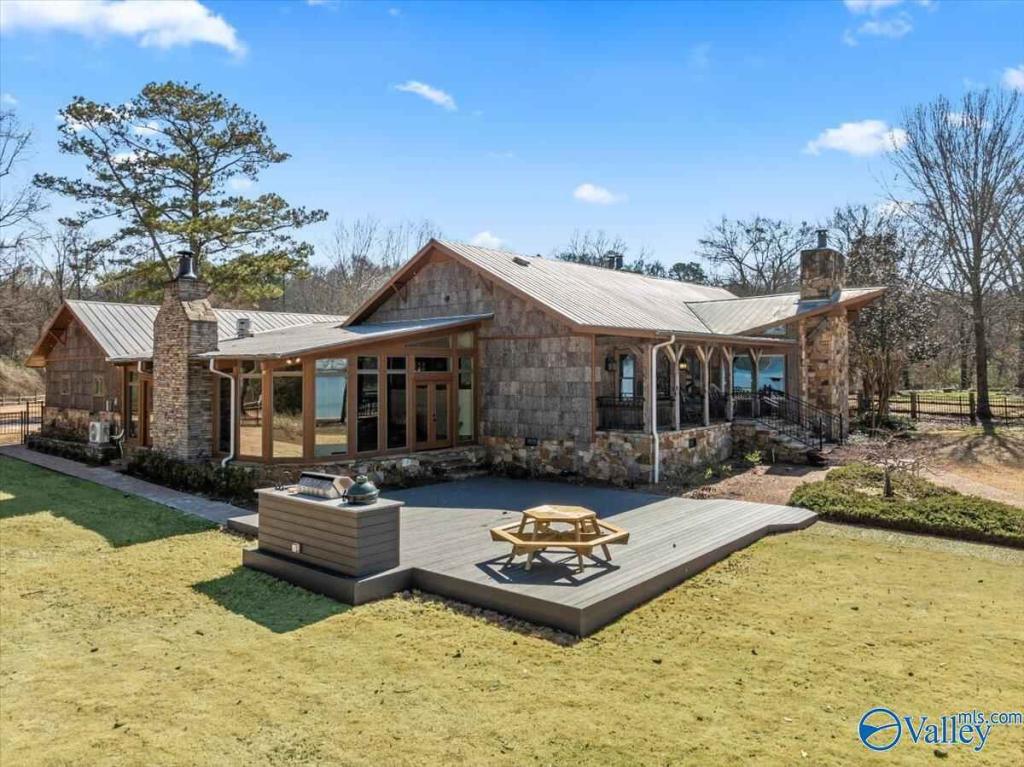
![[Realtor.com] Lake Property for Sale: How To Buy a Waterfront Home](https://www.lakehomes.com/info/wp-content/uploads/2025/04/pexels-pixabay-262405-1-1240x550.jpg)
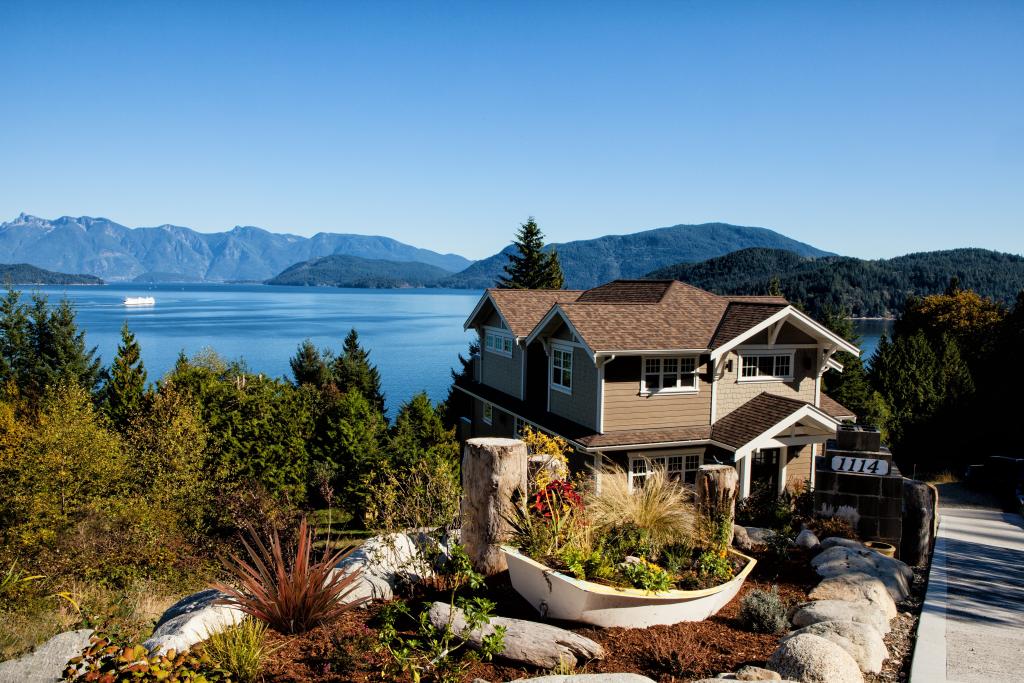
![[Yahoo Lifestyle] Lake Property for Sale: How To Buy a Waterfront Home](https://www.lakehomes.com/info/wp-content/uploads/2025/04/pexels-alex-staudinger-829197-1732414-1240x550.jpg)
